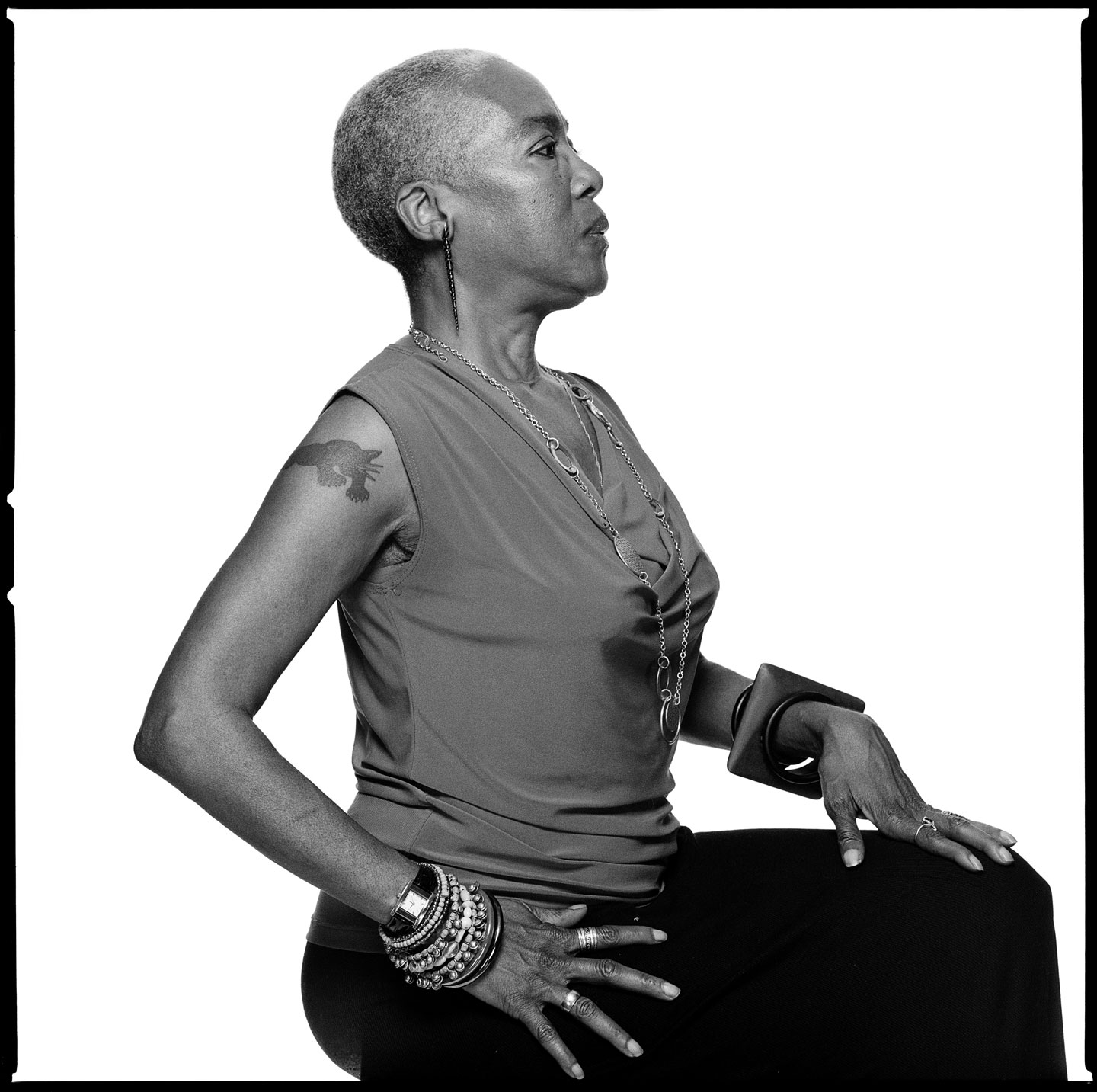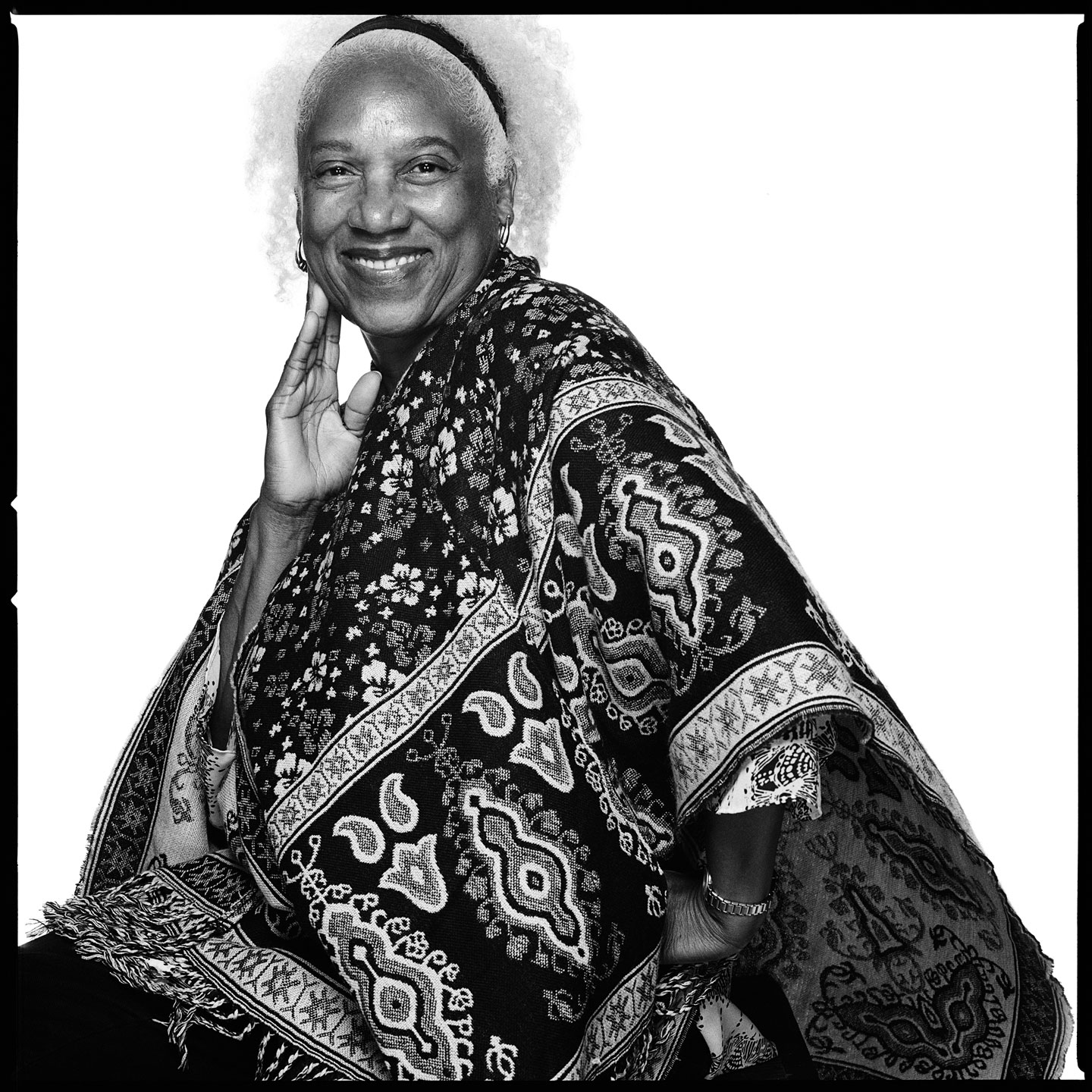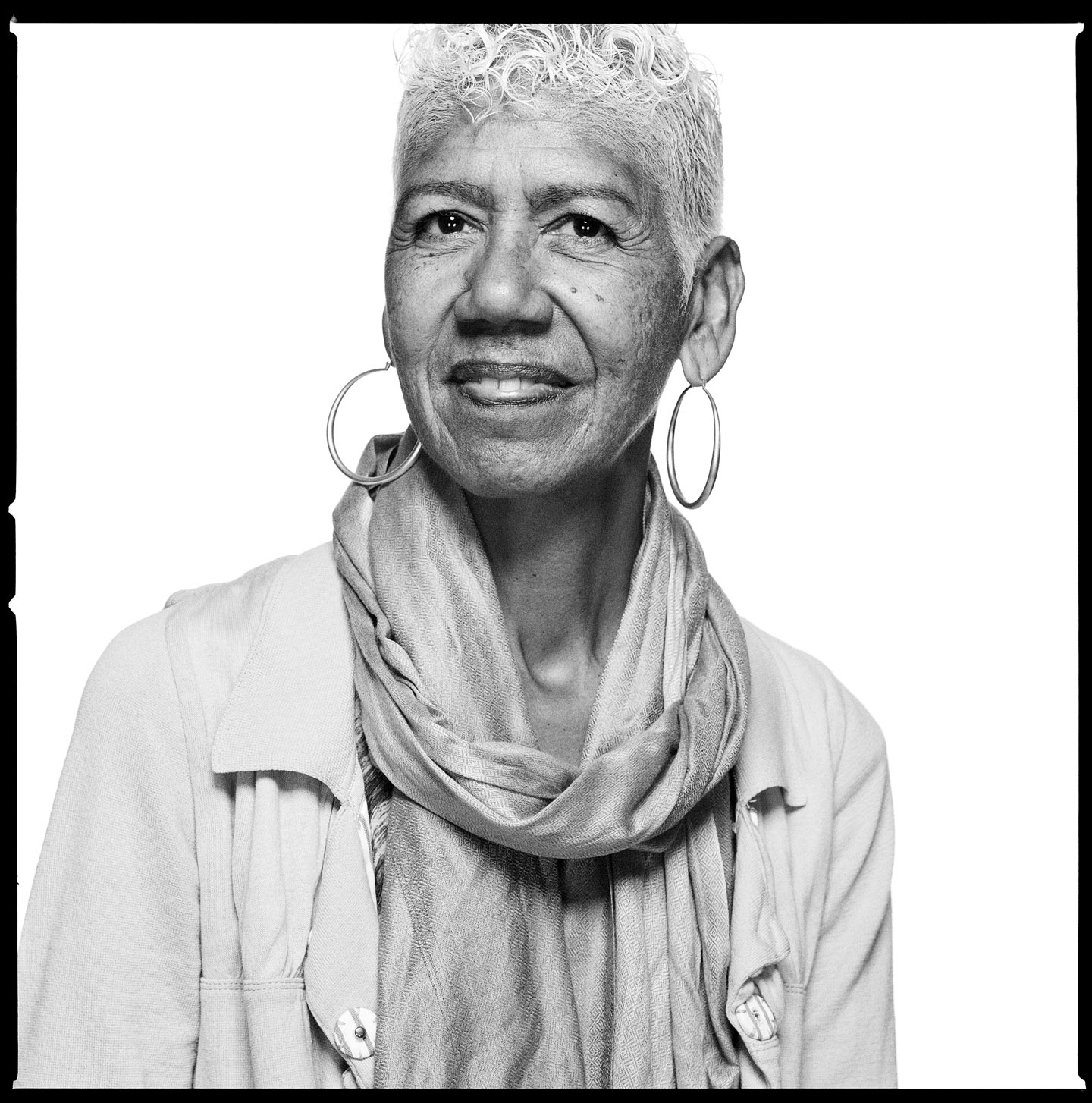The year 2016 marks the 50th anniversary of the Black Panther Party for Self-Defense, an organization that remains largely frozen in the popular narrative portrait of the 1960s as the most fearsome and violent of extremist organizations. These labels have stuck despite an explosion of books, articles, movies, and several documentaries meant to shine a brighter light on its activities. Notwithstanding these efforts, the BPP remains one of the most misunderstood organizations of the 20th century.
Founded by Merritt College students Huey Newton and Bobby Seale in Oakland in 1966, the party at its height boasted some 5,000 members nationally and even an international wing. In the popular retelling of the Panthers’ history, the party’s founders and its national spokesperson, Eldridge Cleaver, as well as the Panthers’ numerous run-ins with police, take center stage. But the history of the Black Panther Party is about more than iconic male leaders. Bryan Shih and I set out to offer a view of the party from the bottom up, by focusing on the rank-and-file members who were responsible for its day-to-day operations—the people who transformed the Panthers from a small, Oakland-based organization into an influential national party with chapters in nearly every major city across the country.
We conducted oral histories with ordinary members, many of whom were teenagers when they joined, and thus are still alive to give their testimonies. They spoke of why they joined, what appealed to them about the party, the sacrifices they made, and how they understood their work. Above all, they recalled the long-lasting transformations they went through during their time in the party. Norma Mtume was a college student in Los Angeles with a flair for numbers when she joined the Panthers. She eventually rose to become the minister of finance for the entire party. Like so many of the people we met, she has dedicated much of her post-Panther life to community and professional work rooted in the original principles of the party.
Women like Mtume are often absent from the narrative of the party’s history. But women, of course, exerted tremendous influence and direction over the party at both the local and national levels, and were a major part of the party’s success. In the following testimonials, four women share their memories of joining the Panthers and the mark it left upon their lives.
Phyllis Jackson
(b. September 15, 1950) grew up in Tacoma, Washington, before joining the party at the national headquarters. She served as a communications secretary and ran a voter-registration campaign. She is now an associate professor of art history at Pomona College, teaching the arts and cinema of Africa and the African diaspora.
My first introduction to the party was in July 1969, at the United Front Against Fascism conference at the Oakland Auditorium. The keynote speaker was a guy named Bobby Seale. I had never heard of him. He gave a long speech, and at the end, almost in a sigh, he said, “And to all you college students, please, come home. The white man’s not going to teach you anything on those college campuses about how to free your people.” I can see in retrospect that it made me feel responsible. After the conference, I walked into the office like I was volunteering as a candy striper. I was wearing a little dress and little pumps and said, “I’m going to be here for a few more weeks. I’m just visiting from Washington, and I’d like to volunteer my time.” It makes me laugh every time I think about it.
Popular
"swipe left below to view more authors"Swipe →
They put me to work sorting petitions demanding police officers live in the cities they patrolled, the notion being that they would be less likely to brutalize and murder black people if they had to return that evening to the same community. I’m good at following directions, so I just started doing it. Then, by the time I was supposed to leave, I decided I wasn’t going to. I was going to drop out of college. My dad actually thought they had drugged me. That was the first question he asked: “What have they given you?” I was disowned. This was a man that never even spanked me.
I think my experience was not uncommon, particularly for the women. It was far more frightening for parents who still had this notion that women needed a man to take care of them. I don’t know any other way of putting it.
We were very much improvisers. When we did a clothing giveaway, we just opened up the window on the ground floor and handed the clothes out the window. I had never heard of a radiothon, but we held one anyway as a fund-raiser for the [Oakland] Community School. I set up a phone bank with receivers that people could hear even in the loud auditorium. Don Cornelius put us over $10,000 with a $1,000 donation. But because I was in the party and not watching TV, I didn’t know what Soul Train was.
Revolutionaries are made, not born. They have to construct their lives consciously along a set of revolutionary principles. Bringing about change is something all of us can do, or being active in an organization is something all of us can do. We don’t have to be the hero when we join.
Claudia Chesson-Williams
(b. April 23, 1951) was a member of the Corona, Queens, branch of the Black Panther Party. She later worked in the information-technology department of Columbia University for 23 years, and then for Greenhope Services for Women, an alternatives-to-incarceration program.
My neighborhood friend, a sister that I’ve known since I was about 11 years old, said, “Claudia, I want you to go with me. We’re going to go and hear these Panthers speak at PS 92,” which was an elementary school in our community. I said, “Okay, I’ll go. I’m down.”
I listened to these brothers speak, and I heard the pitch. I saw the determination, and I saw the compassion. I thought, “Wow, this is the feeling that I used to get when I went into clubs and popped my fingers and got on the dance floor.” It was the same feeling, except it was bigger than me now. It was bigger than “I.” It was full of love of the people.
No longer did we have to argue and fight about “What are you looking at me like that for?” and “Don’t step on my sneaker” and “This is my block.” Now, we really had something to fight for. We had a people to fight for. That was bigger than any gang or any club. We had a goal. We had something to look forward to, which was the betterment of black people.
I was rank-and-file. I did a lot of things. The one thing I enjoyed the most was teaching the political-education classes on Seventh Avenue in front of the Harlem office. I was extremely nervous the first time, but once I found my voice, then it went like clockwork. A lot of the people in the community who were just walking by were like, “Well, let me stop and see what this little girl is talking about,” because I was indeed a little girl at that time.
There were times that our cadre consisted of almost nothing but women, and that was when the brothers were locked up or had to go underground. I remember being on a front line against a policeman on horseback and being six months pregnant. What we wanted was a simple streetlight, and we got the community out there, and we blocked traffic. I didn’t know whether I was going to be trampled and my baby killed, but I knew that I had to be there. I was an active member of the party from 1968 to 1971, and in those few years, I aged 10, 15 years. We didn’t have much time to be little girls. We went straight to womanhood.
Norma (Armour) Mtume
(b. November 11, 1949) was raised in East Los Angeles and was attending California State University at Los Angeles when she joined the party. She began running a Panther medical clinic at the age of 20 while also serving as assistant finance manager for the Los Angeles chapter. After moving to Oakland, she managed the party’s free clinic in Berkeley and later became the minister of finance for the entire party.
At the Panther clinic here in Los Angeles, we worked with US Army, Navy, and Marine veterans from the Vietnam War. They actually taught us a lot of medical procedures under warlike conditions, because the police could attack your house at any time, even while you were sleeping.
I learned to give injections and draw blood and give physical exams, to give women vaginal exams and pap smears, and how to operate laboratory machines and get the results to the doctors. We had a pharmacy in the clinic, so I learned how to fill prescriptions and what various medications were used for what. I studied The Merck Manual, which was like the bible for figuring out what was wrong and how to treat it.
One day in the Los Angeles clinic, a man came in. He had fallen asleep smoking, and his bed had caught on fire. He was an alcoholic and had been drinking a lot. His friends or his relatives brought him to the clinic with second- and third-degree burns all over his body. We tried to convince him that he had to go to the hospital, that we couldn’t treat him. But he trusted us and didn’t want to go. It was just a real task to convince him. I can still see him now and the injuries that he sustained. That’ll never go away, because it made me understand better how distrustful many folks in our community are of the broader medical system. They don’t want to have anything to do with it because of past experiences or something negative that they heard. There’s just not that trust.
Ericka Huggins
(b. January 5, 1948) was a leader of the Los Angeles chapter of the party, along with her husband, John Huggins, who was killed in a shoot-out on the University of California at Los Angeles campus. She was the longtime director of the party’s Oakland Community School and is now a professor of sociology and African-American Studies at Peralta Community College.
I do believe that people’s views of the Panthers are changing as time goes on because young people are more open to the truth, especially the last two or maybe even three generations of young people, because of the obvious violence all over our world. I notice that young people are looking for ways to organize because governments don’t seem to want to take care of, for instance, education and health care.
When mainstream journalists talk to me, they want to know, “What really happened?” Whereas young people are looking back and saying, “Wow, 50 years ago you fed people? Forty-five years ago you created schools that were student-centered and community-based? You had clinics? You had bus-to-prison programs that were free? How did you do that without social media?” I love those conversations, because I feel that young people are convincing themselves that they can do the same thing. After all, the median age of party members was 19 years old.
Our community-survival programs helped people to see how communities could be transformed by seeing it in their own lives, and then they would want to support that which transformed them. That’s exactly what happened. All the community-survival programs were supported by volunteers from the community, not just party members. Their social understanding grew when their lives were changed without any strings attached. We did everything we did so that people would feel empowered to make changes in the world they live in, and then go beyond that smaller circle to the larger one and develop a global understanding. I saw this with my own eyes. It was brilliant.






